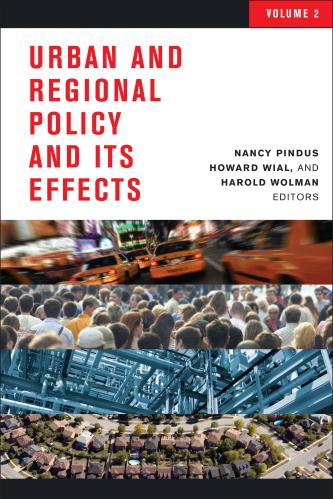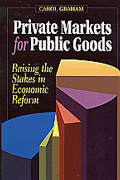Studies in this week’s Hutchins Roundup find that paid sick leave mandates do not crowd out other worker benefits, declining business sentiment has decreased investment, and more.
Want to receive the Hutchins Roundup as an email? Sign up here to get it in your inbox every Thursday.
Mandated paid sick leave does not reduce worker benefits
Johanna Maclean of Temple University, Stefan Pichler of ETH Zurich, and Nicolas R. Ziebarth of Cornell University find that state-level mandates have been effective in increasing sick leave coverage rates among U.S. employees. Using data from the National Compensation Survey over the period 2009 to 2017, they study the labor market effects of 12 state-level sick pay mandates. They show that these paid sick leave mandates increased coverage rates by 13 percentage points over four years from a baseline of 66%. As a result of increased coverage, newly covered employees take, on average, two additional sick days per year. Furthermore, sick leave costs for employers increased by 10%. Moreover, they find little evidence that sick pay mandates curtail the provision of non-mandated benefits such as paid vacation and holidays or of group policies such as health, dental, or disability insurance. The authors reason that the costs of paid sick leave to employers might be modest since fewer workers going into work sick leads to fewer infections overall.
Declining business sentiment better explains the recent economic slowdown than trade uncertainty
Many analysts have blamed the recent slowdown in the U.S. manufacturing sector on uncertainty about trade policy. Gianluca Benigno and Jan Groen of the Federal Reserve Bank of New York suggest that it may instead reflect the decline in business sentiment. Using data from 1985 to 2019, they show that while trade policy uncertainty negatively impacts economic activities abroad, it does not cause U.S. business investment to decline. In contrast, a negative business sentiment shock causes a decline in U.S. and foreign production as well as U.S. business investment. The authors conclude that recent patterns in financial conditions and economic activity are more in line with the effects of a deterioration of U.S. business sentiment than of trade policy uncertainty. As a result, they say, the mitigation of trade tensions might not lead to a rebound in economic activity if business sentiment does not recover.
Financial crises impede innovation
Bryan Hardy from the Bank of International Settlements and Can Sever from the International Monetary Fund find that industries that are more dependent on external funding decrease their patenting more following a financial crisis than other industries. Using industry-level data on patenting from 32 countries and 52 financial crises over 1976-2006, they show that industries at the 75th percentile of the financial dependence distribution have patent growth that is 3-5 percentage points lower than those at the 25th percentile four years after a financial crisis. They reason that when firms lose access to bank credit, they may be forced to drop new and ongoing research and development projects. The authors don’t find any significant changes in the average quality of patents for industries more dependent on external finance, which suggests that lower quality innovations are not cut when credit is squeezed but rather that innovative projects as a whole are restricted.
Chart of the week: Oil prices plunge after OPEC fails to agree on a deal with Russia

Quote of the week:
“[T]he fundamentals of the U.S. economy remain strong. We’ve seen continued solid job growth, unemployment is at a historically low level, and we entered 2020 with very good momentum. After a year that was characterized by uncertainties, global growth appeared to be stabilizing, and geopolitical risks receding. And monetary policy was well positioned to support the economic expansion and the achievement of the Fed’s goals of maximum employment and price stability,” says John C. Williams, President and Chief Executive Officer of the Federal Reserve Bank of New York
“However, during the past month the outbreak and subsequent spread of the coronavirus has brought with it new risks to the economic outlook. This is first and foremost a human tragedy, and my deepest sympathies are with those who have lost loved ones. The virus and the necessary scale of the response to address the public health challenge will have near-term effects on the global economy.
Central banks like the Federal Reserve also have an important role to play in addressing the economic effects of the coronavirus, ensuring that financial markets function effectively and providing support to the economy. These actions cannot address the health issues, but can help manage near-term risks to the economy in a highly uncertain time… The coronavirus poses evolving risks to the U.S. economy. Our policy action this week position us well to support the economic expansion. We are carefully monitoring the effects of the coronavirus on the U.S. economic outlook and will respond as appropriate.”











Commentary
Hutchins Roundup: Paid sick leave, declining business sentiment, and more
March 12, 2020